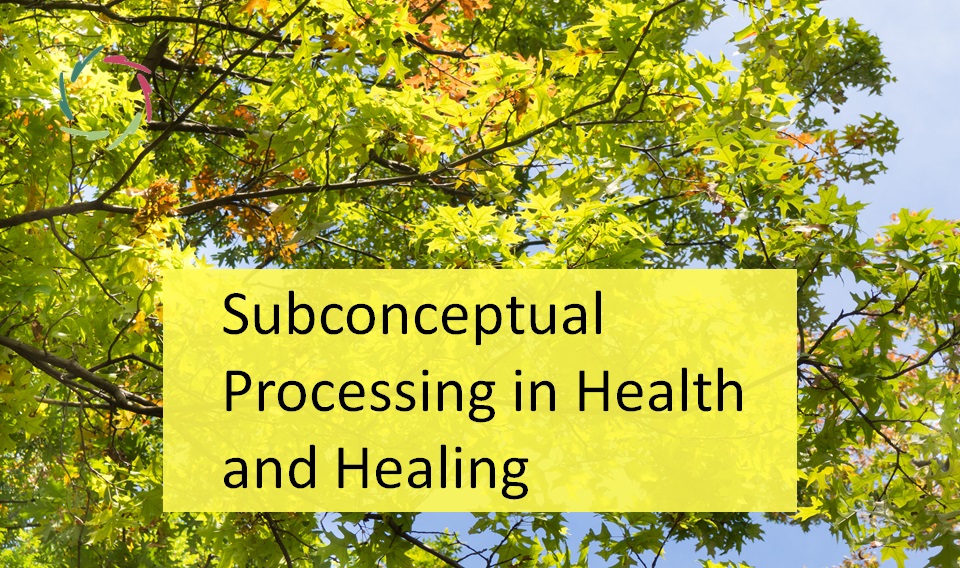Why is Human Depth so Absent?

Of course, it isn’t absent. Each human being has immense depth inside. Therefore, the question is why it doesn’t show in many circumstances. People don’t live by it.
You might want to read ‘What is Depth‘ before proceeding.
‘About which one cannot speak.’
I described this before as inner dissociation’ and basic cognitive illusion. It is difficult to speak about what is principally ungraspable. This way, there lies an immense challenge in depth, which can be easily abused. One can see and project many kinds of gorillas in a misty environment.
In profound culture, people can encounter depth in a more organized way. Yet here, it is mostly experienced as something to be savored, not something that is also pragmatically important.
The striving to be pragmatic
Especially in the US, this striving runs high. Tellingly, pragmatism as a philosophical tradition began in the US in the 1870s. In this, words and thoughts are seen as tools for problem-solving. Their function lies in action, not description. Their purpose is their practical use towards success.
This may keep people away from depth that appears fluffy, unclear, and hazy. It is, by definition, harder to put depth clearly into words. It is more challenging to transform it into something technical or material, let alone sellable. Take, for example, a pill versus autosuggestion.
Indeed, this is characteristic of depth. It makes it even more important to try to handle depth as rationally as possible, not to run away from it, creating a tower and swamp environment.
Striving for conceptual concreteness is OK. There should be as much of it as possible, but not more. From some point, the striving for conceptual concreteness may be rather an urge to get rid of ‘the other side,’ which is, of course, the subconceptual. Besides, in its own way, the latter is more concrete than anything else. Depth is real. How can its absence – being illusory – be concrete in any way?
Active denial
In real life, people generally feel that something important is missing. Feeling the lack of depth is very concrete. Many simultaneously feel attraction and abhorrence to it. Paradoxically, the appeal makes one want to get rid of ‘it.’ It gives a sense of imminent danger, something like an abyss one feels inclined to jump into.
So, without clearly seeing why, people may try to avoid any proximity to the situation. They deny there is something, and they do so actively, although not fully consciously. I use for this the term ‘active denial.’ This can be for some element of depth or even depth in general.
Where is it absent?
Almost anywhere.
For instance, medical scientific research ubiquitously evolves to less depth. Active denial gets more prominent, as in a negative spiral. There is much at stake for any individual researcher who wants to try it. The more active denial in general, the more there is at stake individually. Many individuals together, of course, make the spiral harder.
Other example domains where depth decreases are education and politics.
Why is this absence of depth increasing?
Many causes. In an increasingly complex society, it may be primarily a side effect of technological evolution. What goes wrong can go wrong even more with better tools, especially if these do not lead to better insight.
With a quickening pace in many fields, attention gets dispersed. Thereby, it’s more challenging to develop broad patterns of multiple overlaps, say, subconceptual associations. Thus, more information but less wisdom and depth.
The human being is made for much depth and enough – not too much – fleeting information. We can use our technology in this way, but it is generally not done. I see in this an addiction to superficiality, including superficial control. Indeed, one loses the sense of control when going deep. Neglecting it doesn’t bring more control, as a matter of fact. It only diminishes the sense of a lack of control.
The resulting disasters are immense.
As described in the Importance of Subconceptual, this leads to present-day disasters on the global scale, one after the other.


